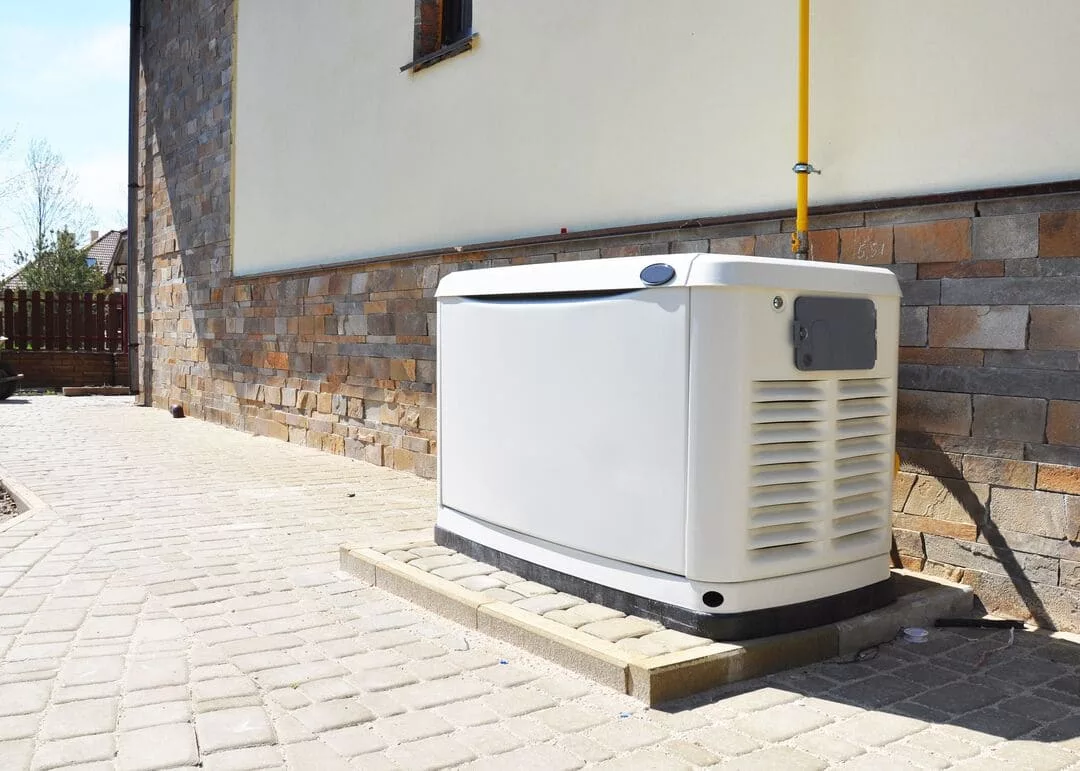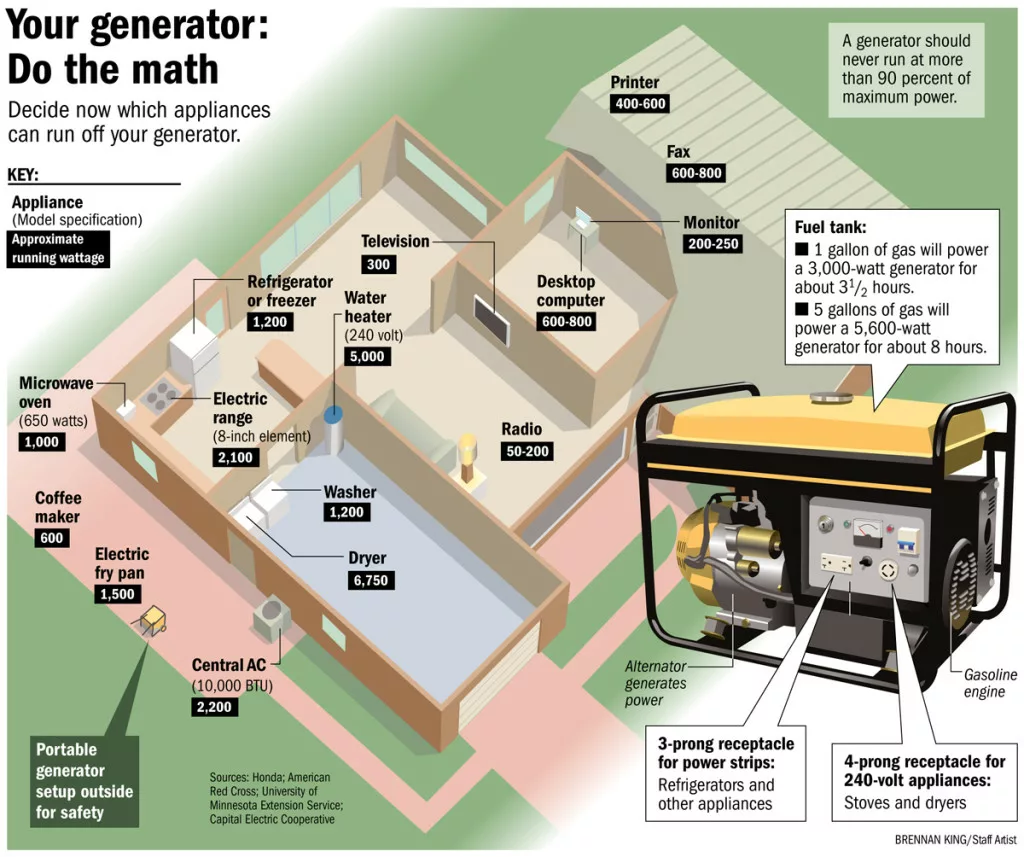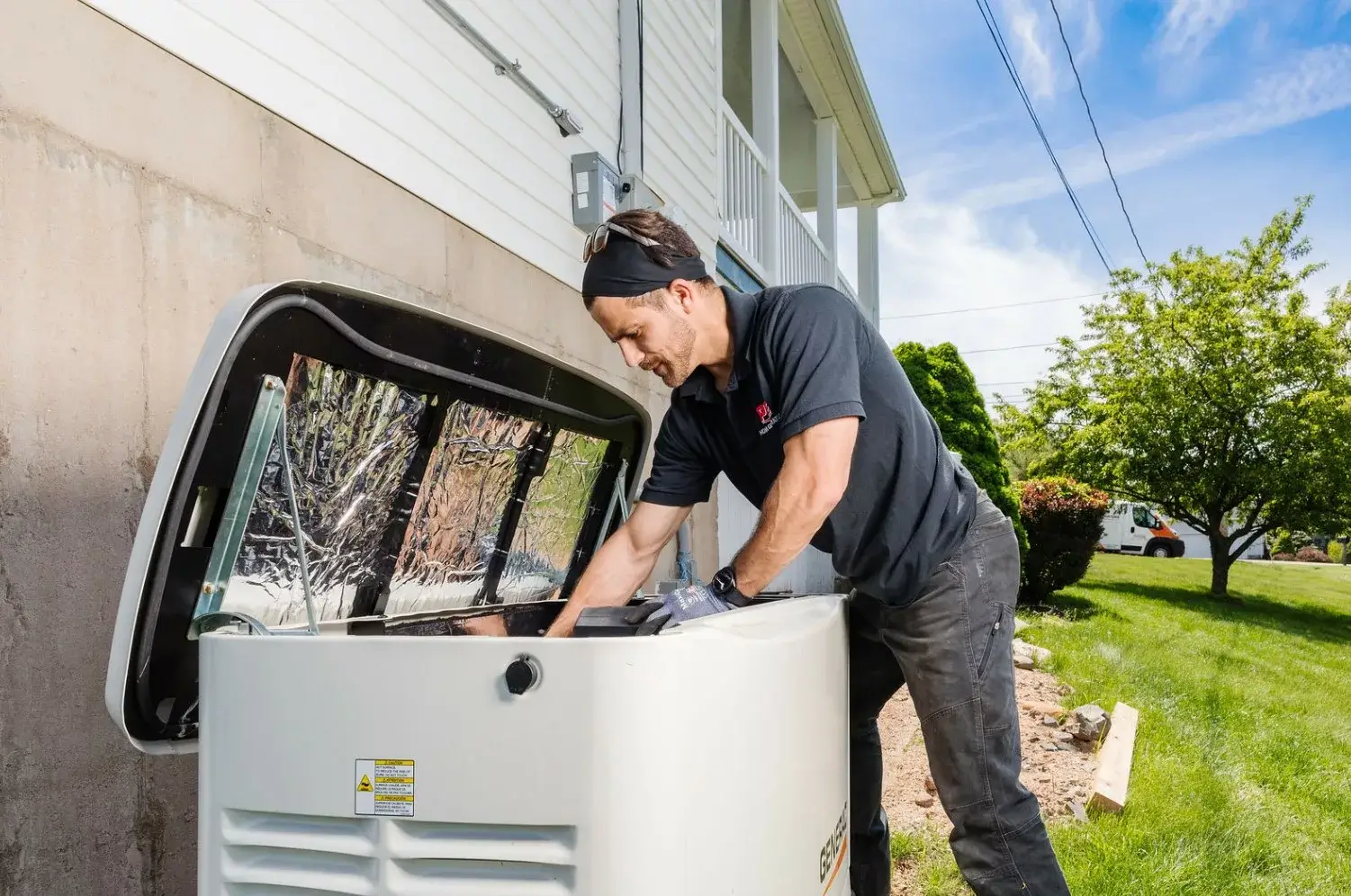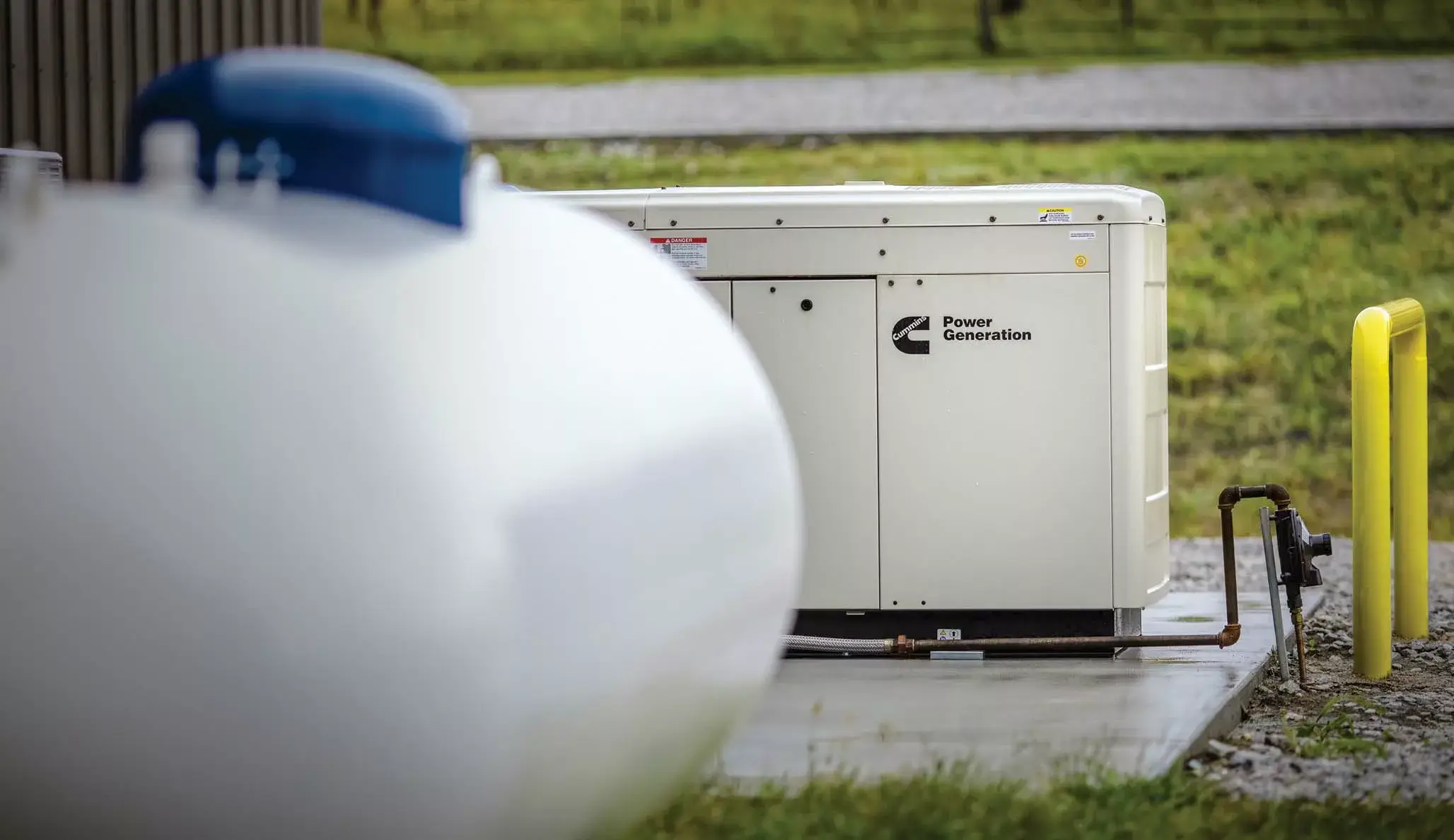Does homeowners insurance cover power surges? What kinds of damage does a power surge cause? Our article gives insight into what to expect from a power surge.
Introduction
Homeowner’s insurance generally does not cover power surges, although this may change. If a power surge causes significant damage to your home, you may be able to claim coverage under your homeowner’s insurance policy.
However, it is essential to consult with an insurance agent to determine if this is the case.
Does Homeowners Insurance Cover Power Surges?
Home insurance policies typically do not cover power surges, defined as a sudden increase in voltage or current that can damage electronic equipment.
This is because power surges are considered accidental events and generally not the responsibility of homeowners insurance.
If you experience a power surge, it is best to consult your insurance agent to see if your policy covers the damages.
How can homeowners protect themselves from power surges?
Homeowner’s insurance policies typically do not cover power surges, even if an outside event causes them.
If a surge damages your home, you may be able to pursue damage compensation through your homeowner’s insurance policy, but this will likely only be available if the damage was explicitly covered in your policy.
Contact your insurance company to find out whether they cover power surges and whether you will qualify for coverage.

What are some common causes of power surges?
Various things can cause power surges, and homeowners insurance may not cover them. Here are some of the most common causes of power surges:
- Lightning strikes. A lightning strike can spark an electrical current in your wiring, which can then cause a power surge.
- Electrical fires. An electrical fire can cause an electricity overload, leading to a power surge.
- Outages from storms and hurricanes. Power outages often result in widespread power surges since many homes have been wired with older wiring that was not designed to withstand such powerful forces.
- Improper installation or maintenance work on electric wiring or appliances. If you have had any work done on your home’s electric system in the past year that wasn’t authorized by your homeowner’s insurance policy, there is a good chance that a power surge caused the problem.
- Broken or missing wires in the home’s electrical system. A broken wire in your electrical system can create an open circuit, allowing electricity to flow freely and creating a potential for a power surge.
What to do if you experience a power surge in your home
If you experience a power surge in your home, take the following steps:
- Shut off all electrical devices that are not essential to your safety.
- Unplug all electronics that you do not need to continue using during the power surge.
- Wait at least five minutes before the power dissipates before turning on any electronics.
When is a power surge likely to occur?
Several factors can increase the chances of a power surge occurring:
- An increase in the number of people using devices at the same time
- A change in weather conditions, such as an abrupt drop in temperature or heavy rain
- A problem with an electrical cable

What are the risks associated with power surges?
Power surges can occur when the electricity supply to your home or business suddenly increases or decreases in voltage. This can cause equipment, including your computer and appliances, to malfunction.
Homeowners’ insurance usually doesn’t cover power surges, but some policies may have limited coverage for electrical disturbances.
If you’ve been affected by a power surge and believe your homeowner’s insurance policy doesn’t cover it, you may be able to file a claim with the insurer.
Who is responsible for repairing or replacing the damage caused by a power surge?
The Electric utility company is responsible for repairing or replacing the damage caused by a power surge.

How much will homeowners insurance cover for power surges?
Homeowners’ insurance will typically cover power surges that cause damage to property up to a specific limit.
This limit varies from company to company, but homeowners insurance generally covers most types of property damage caused by a power surge.
Conclusion of “Homeowners Insurance Cover Power Surges”
Homeowner’s insurance generally does not cover power surges, although this may change.
If a power surge causes significant damage to your home, you may be able to claim coverage under your homeowner’s insurance policy.
However, it is essential to consult with an insurance agent to determine if this is the case.


0 Comments